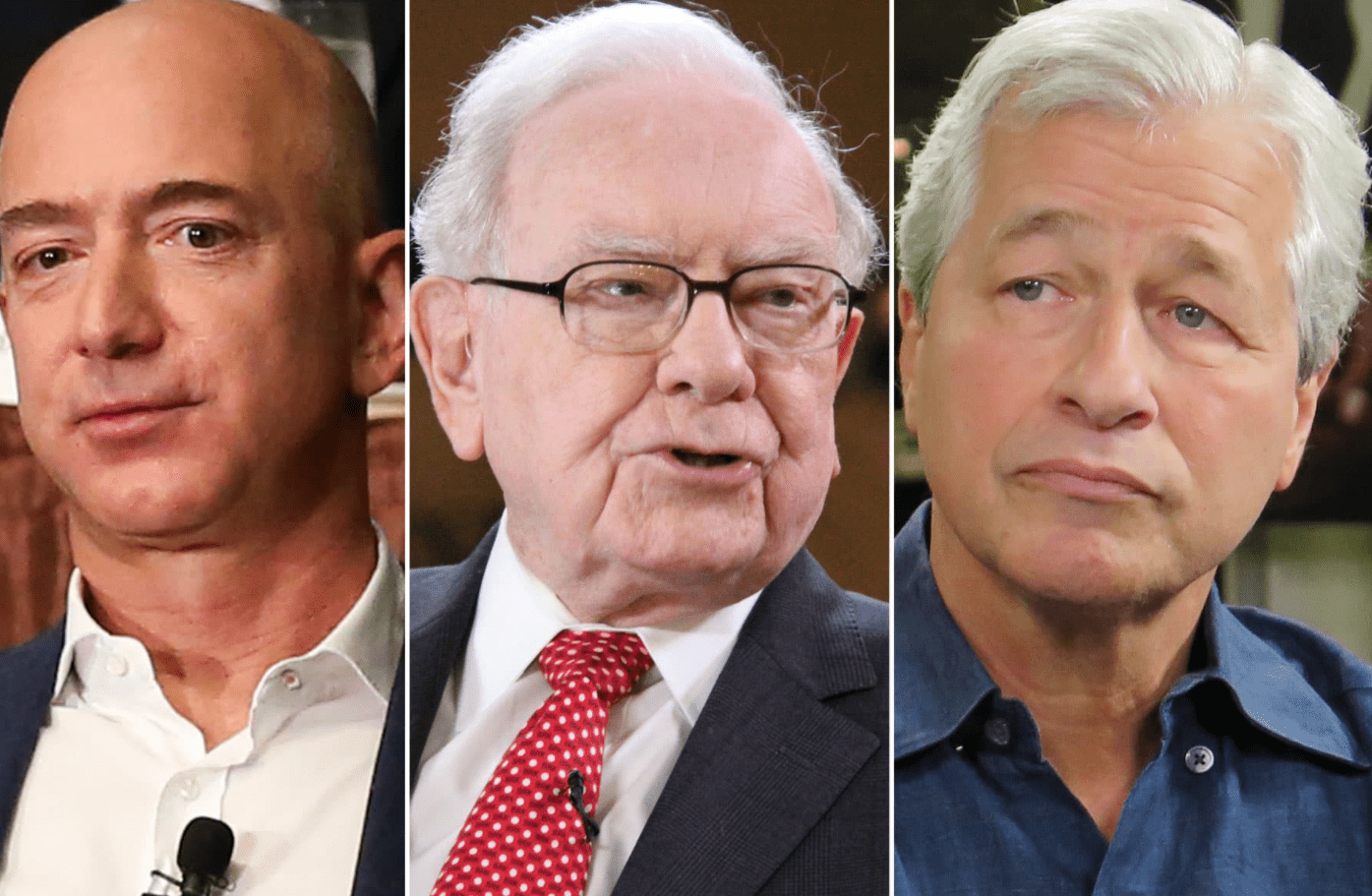Haven, the joint venture formed by three of America’s most powerful companies to lower costs and improve outcomes in health care, is disbanding after three years, CNBC has learned exclusively.
The company began informing employees Monday that it will shut down by the end of next month, according to people with direct knowledge of the matter.
Many of the Boston-based firm’s 57 workers are expected to be placed at Amazon, Berkshire Hathaway or JPMorgan Chase as the firms each individually push forward in their efforts, and the three companies are still expected to collaborate informally on health-care projects, the people said.
The announcement three years ago that the CEOs of Amazon, Berkshire Hathaway and JPMorgan Chase had teamed up to tackle one of the biggest problems facing corporate America – high and rising costs for employee health care – sent shock waves throughout the world of medicine. Shares of health-care companies tumbled on fears about how the combined might of leaders in technology and finance could wring costs out of the system.
The move to shutter Haven may be a sign of how difficult it is to radically improve American health care, a complicated and entrenched system of doctors, insurers, drugmakers and middlemen that costs the country $3.5 trillion every year. Last year, Berkshire CEO Warren Buffett seemed to indicate as much, saying that were was no guarantee that Haven would succeed in improving health care.
Shares of UnitedHealth Group, Humana and CVS Health each climbed more than 2% after the Haven news broke.
One key issue facing Haven was that while the firm came up with ideas, each of the three founding companies executed their own projects separately with their own employees, obviating the need for the joint venture to begin with, according to the people, who declined to be identified speaking about the matter.
Coming just three years after the initial rush of fanfare about the possibilities for what Haven could accomplish, its closure is a disappointment to some. But insiders claim that it will allow the founding companies to implement ideas from the project on their own, tailoring them to the specific needs of their employees, who are mostly concentrated in different cities.
The move comes after Haven’s CEO, Dr. Atul Gawande, stepped down from day-to-day management of the nonprofit in May, a change that sparked a search for his successor.
Brooke Thurston, a spokeswoman for Haven, confirmed the company’s plans to close and gave this statement:
″The Haven team made good progress exploring a wide range of healthcare solutions, as well as piloting new ways to make primary care easier to access, insurance benefits simpler to understand and easier to use, and prescription drugs more affordable,” Thurston said in an email.
“Moving forward, Amazon, Berkshire Hathaway, and JPMorgan Chase & Co. will leverage these insights and continue to collaborate informally to design programs tailored to address the specific needs of our individual employee populations and locations,” she said.

